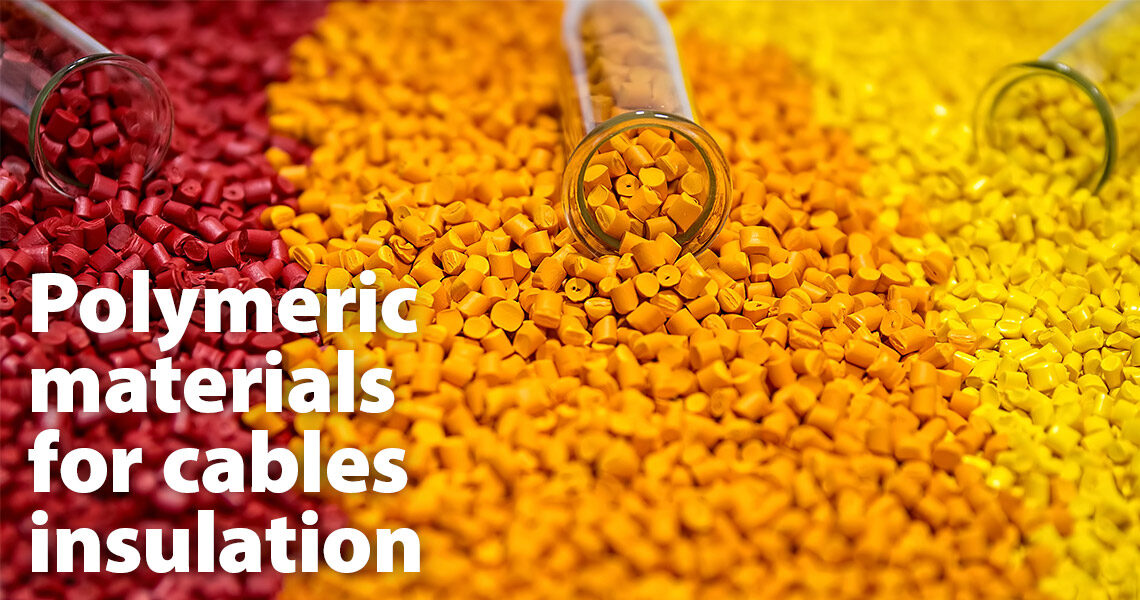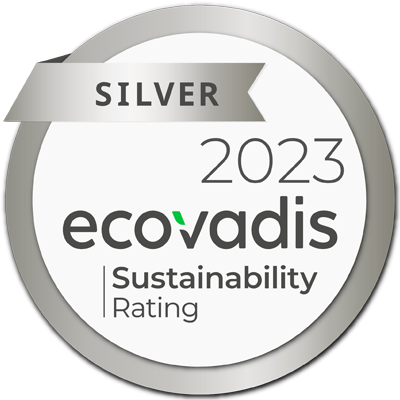- Family: Thermosetting (Cross-linked elastomeric compounds)
- Use: High-performance sheaths
General characteristics
Polychloroprene comes from a group of synthetic rubbers produced by polymerising the organic compound chloroprene. It was first manufactured in 1930 in the USA and went into production shortly after
When used for sealing and insulation, PCP rubber material offers multiple advantages, including resistance to many petroleum-based products, greases, and oils. It resists degradation more than natural or early synthetic rubbers, though not as good as CSP. This relative inertness makes PCP well-suited for demanding applications such as gaskets, hoses and corrosion-resistant coatings. It can be used as a base for adhesives, noise insulation in power transformer installations, and padding in external metal cases to protect the contents. Its chlorine content means it resists burning better than exclusively hydrocarbon-based rubbers, but this also makes it smoky and not up to the standard of modern zero-halogen materials. In its native state, PCP is a very pliable material with insulating properties similar to rubber or other solid plastics.
Processing
PCP polymer is compounded in standard rubber compounding equipment and formulated to produce the relevant final properties. PCP requires vulcanisation, and this is normally achieved by a sulphur-based system. Extrusion is by single screw process, with vulcanisation achieved using standard CV tubes or by various autoclave processes.
Uses of material/Cable types
The major application of PCP is in sheathing, where qualities of self-extinction after a fire, reasonable resistance to solvents and oils, and good weathering properties are required. PCP sheaths are specified for colliery trailing cables where their superior abrasion and oil resistance are of importance, but in other areas, PCP has generally been superseded by CSP because of the superior heat ageing properties and much better ozone resistance of the latter. PCP is also used as a dielectric for low-voltage applications but mainly in two-layer composite insulation with general-purpose rubber, often known as the RN (Rubber-Neoprene) construction. The maximum continuous operating temperature of PCP compounds is normally 70oC, but in the case of outer sheathing only can be rated at 75oC.
Standards
Cables manufactured from PCP compounds are included in the following standards:
- IEC 60092 – series
- IEC 60245 – series
- BS EN 50363 – series
- BS EN 50525 – series
- BS 6708
- BS 7655
- DIN VDE 0207 – series
- British Rail GS/ES0872










